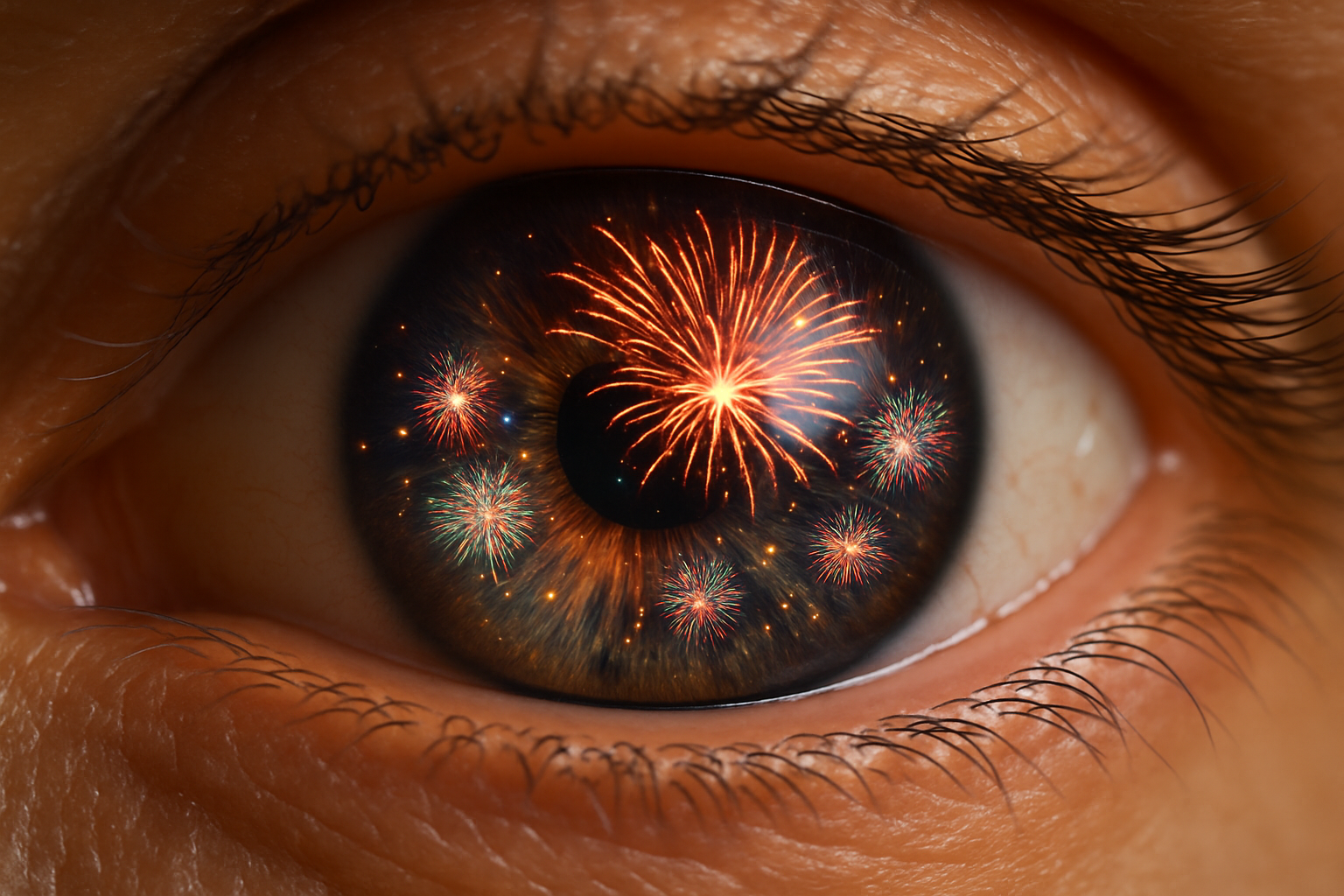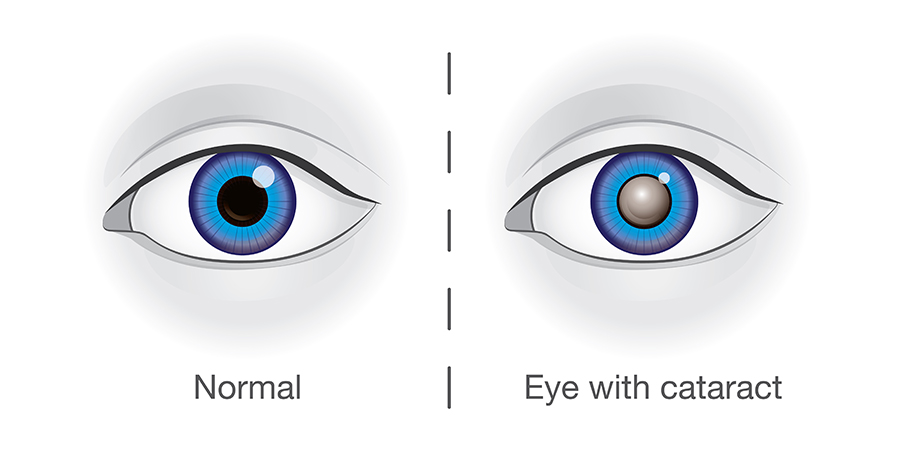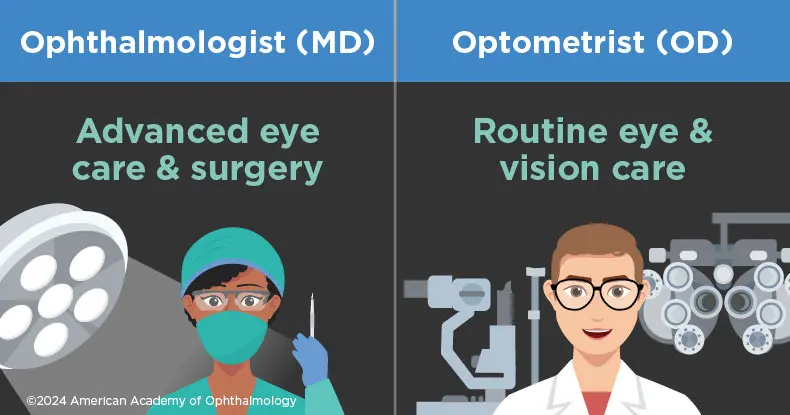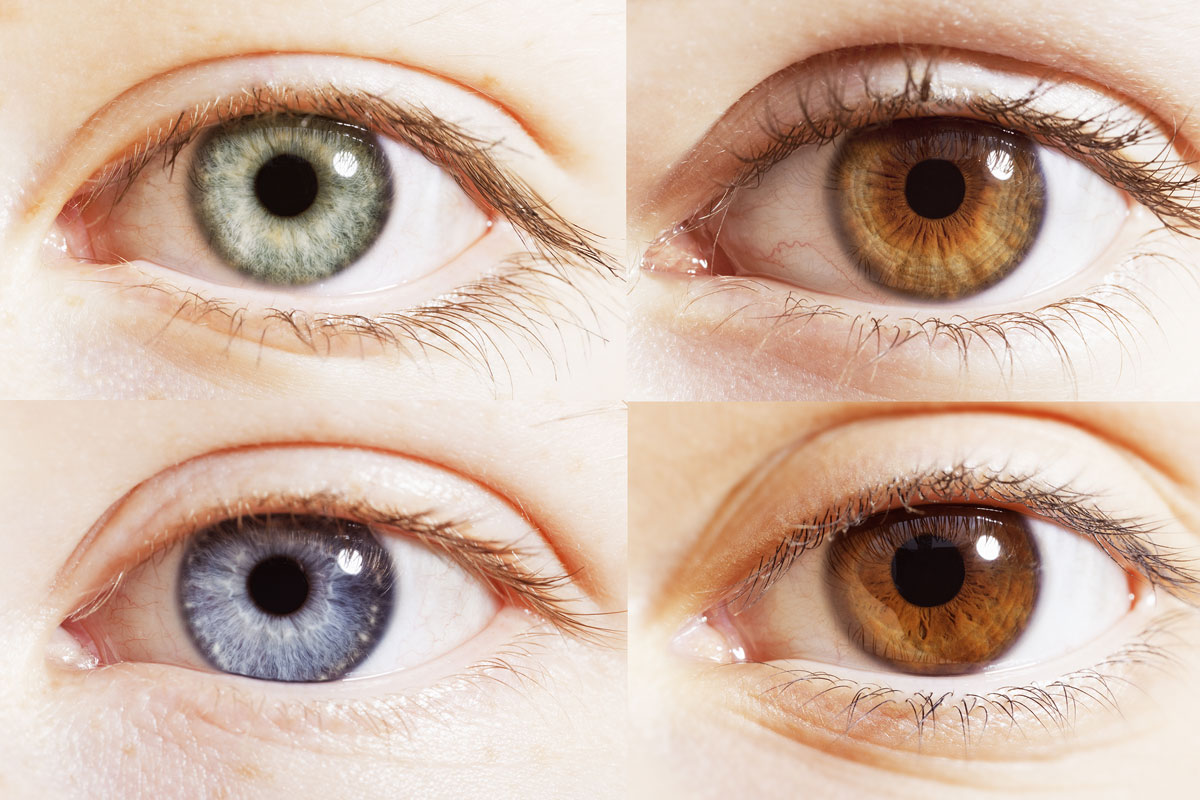Every year, people suffer serious eye injuries from backyard fireworks displays. Most of the victims are children and bystanders located nowhere near the pyrotechnics. As Independence Day nears, The EYE MDs and the American Academy of Ophthalmology is working to dispel the myths that put people at risk of blindness. “Most people just don’t see the harm in sparklers, spinners, firecrackers, and bottle rockets, and they learn too late the necessity of wearing eye protection,” said Dianna Seldomridge, M.D., clinical spokesperson for the American Academy of Ophthalmology. “It’s best to leave fireworks to the professionals. But if you choose to celebrate with fireworks, wear safety goggles and take all the necessary precautions to keep your family safe.” Myth #1: Consumer fireworks are harmless. Fireworks can cause blinding eye injuries such as chemical and thermal…










